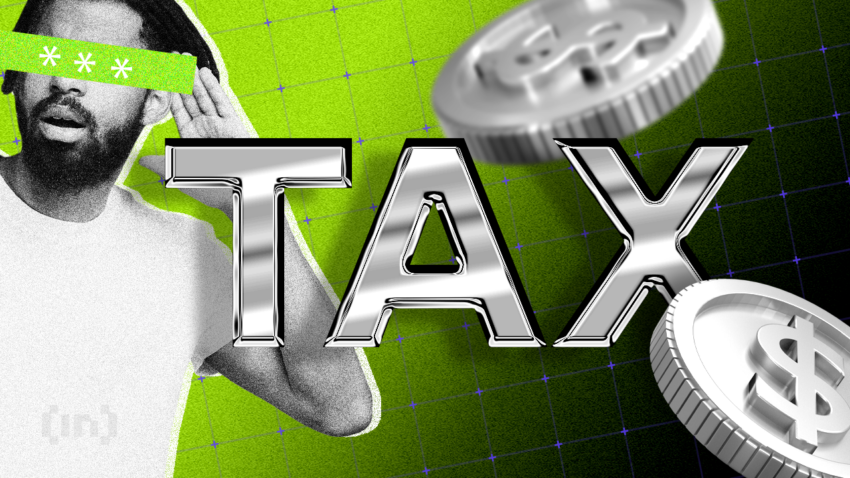The US Treasury moved to repeal TD 10021, RIN 1545-BR39, a controversial rule on crypto tax reporting. If it took effect, it would introduce extensive new requirements on DeFi, potentially damaging the US industry.
Nonetheless, this crypto broker rule was not set to take effect until 2027. The US government is tearing through anti-crypto regulations, rebuilding a future that protects the community’s interests.
Crypto Taxes and the US Treasury
Over the last few months, a sweeping tide of pro-crypto regulations has hit the US.
Enforcement agencies have exposed systemic mistreatment of the industry, the Federal Reserve is loosening restrictive rules, and the Treasury is now repealing the IRS’ recent policy on tax reporting.
So, what was this controversial rule? The IRS issued these guidelines in late 2024, after Harris lost the election, but before Trump took office. Essentially, the Treasury would require all crypto vendors to act like registered brokers, detailing and reporting all transactions to determine user tax obligations. This might create an immense burden on DeFi.
However, TD 10021, RIN 1545-BR39, was not set to take effect until 2027. According to coverage from Bloomberg, the Treasury’s change on crypto tax reporting has been brewing for a while.
President Trump encouraged Congress to pass legislation repealing the rule, and this went through in April. It’s taken extra time to fully finalize the repeal.
The community responded very positively to the Treasury’s change on tax policy, but there may have been some fearmongering about the actual rule’s implications. Although
For example, it explicitly ruled out imposing these restrictions on code, focusing on front-end services interacting with users. The policy wouldn’t necessarily restrict self-custody either.
Furthermore, as industry representatives pointed out yesterday, blockchain transaction data is highly traceable.
Still, it seems bullish that the Treasury is explicitly repealing this tax reporting rule. The institution has made several pro-crypto decisions in recent months, removing sanctions on Tornado Cash in March.
Hopefully, its new pro-crypto turn can continue fighting corruption and protecting consumers.
Disclaimer
In adherence to the Trust Project guidelines, BeInCrypto is committed to unbiased, transparent reporting. This news article aims to provide accurate, timely information. However, readers are advised to verify facts independently and consult with a professional before making any decisions based on this content. Please note that our Terms and Conditions, Privacy Policy, and Disclaimers have been updated.


